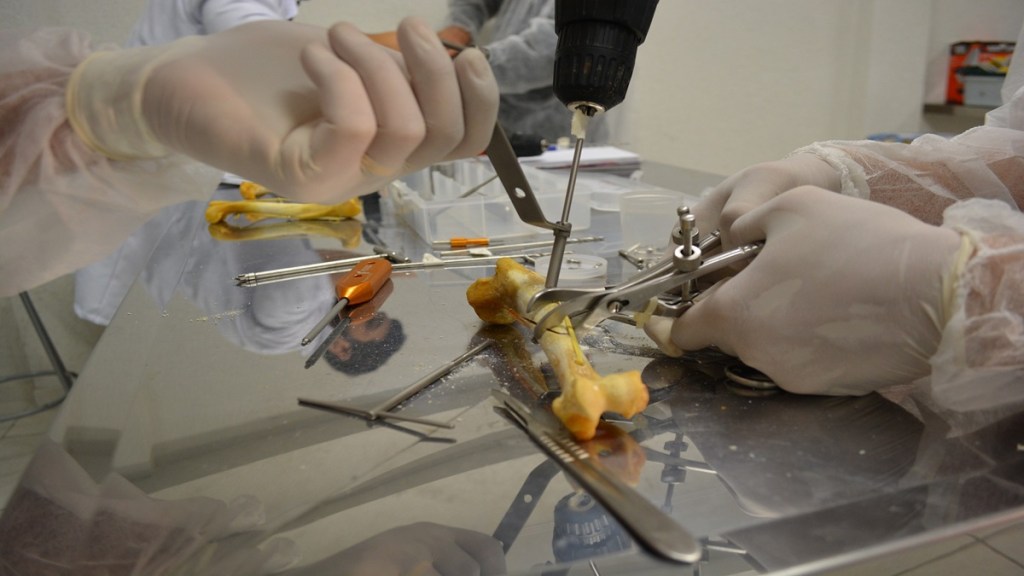By Dr Namrata Chhabra
Empowering excellence: the ongoing symphony of continuing medical education
In the ever-evolving realm of healthcare, where excellence is a relentless pursuit, Continuing Medical Education (CME) shines as a beacon, guiding healthcare professionals towards a horizon rich with knowledge and expertise. Far more than a mere requirement, CME embodies a lifelong commitment to professional growth, enhancing patient care, and elevating the healthcare system as a whole.
CME: A lifelong commitment to excellence
CME represents a continual journey within the dynamic healthcare landscape. For doctors, nurses, pharmacists, and other healthcare practitioners, it’s a voyage of consistent enrichment in their fields of expertise. A recent survey underscores this dedication, revealing that 85% of healthcare professionals believe CME positively impacts their ability to deliver high-quality patient care [1]. This unceasing educational commitment is essential, ensuring professionals are not only up to date with the latest medical advances but also maintain proficiency and competence throughout their careers.
Patient care redefined: the impact of informed practitioners
CME’s influence stretches beyond personal growth, significantly impacting patient care. Practitioners updated with the latest medical research and techniques elevate patient care standards. Studies highlight a 30% decrease in medical errors among practitioners who regularly engage in CME [2], underlining its crucial role in enhancing patient safety.
Bridging gaps, breaking barriers: CME’s role in healthcare equality
CME plays a vital role in addressing healthcare disparities by providing standardised, evidence-based education to all healthcare providers. This standardisation is pivotal in delivering high-quality healthcare to diverse populations, making CME a foundational element in the fight for healthcare equality [3].
Virtual Frontiers: online CME and the surge in accessibility
The digital revolution has profoundly transformed CME, overcoming traditional geographical and temporal barriers. This shift not only makes continuous education more feasible but also ensures that the latest medical knowledge reaches even the most remote areas.
CME: cultivating a culture of innovation and adaptability
CME nurtures a culture where innovation and adaptability are integral to healthcare practice. It equips medical professionals to integrate new practices and technologies, essential in a field marked by rapid advancements. Approximately 70% of medical professionals view staying updated through CME as crucial for maintaining their professional competence [1].
Modes of CME and the role of AI in modern learning
CME varies in delivery, including workshops, seminars, conferences, online courses, and simulation training. The integration of Artificial Intelligence (AI) and digital technologies has significantly enhanced this educational landscape. AI-driven platforms revolutionise CME by personalising learning experiences and offering tailored content to individual needs. In simulation training, AI contributes to creating more realistic and interactive scenarios, greatly enhancing healthcare professionals’ practical skills.
The benefits and challenges of CME
CME offers numerous benefits: improved patient care, enhanced career opportunities, and deeper professional satisfaction. It also provides networking opportunities, fostering collaborations that can lead to medical breakthroughs. However, CME’s path has challenges. Time constraints, particularly for those in demanding medical roles, can make engaging in continuous education difficult. Financial burdens also present a significant barrier, with some programs being prohibitively expensive. Additionally, while online education increases accessibility, a digital divide still exists, particularly in under-resourced areas.
Accreditation, licensing, and CME
A critical aspect of CME is its role in program accreditation and licensing. Healthcare institutions often require CME for accreditation, ensuring that their staff meets the highest standards of medical knowledge and practice. Similarly, many licensing bodies mandate CME for healthcare professionals to maintain their licences. This requirement ensures that practitioners continue to meet evolving standards in healthcare, keeping them competent and well-informed.
Conclusion: future-proofing healthcare through CME
As the medical landscape continually shifts, the commitment to CME remains more crucial than ever. It’s about leading the charge towards a future of safer, more effective, and universally accessible healthcare. CME fine-tunes healthcare professionals’ expertise and orchestrates a symphony of improved patient care, innovation, and equality. In healthcare’s grand scheme, CME is not just an educational tool; it’s a catalyst for lasting change and progress, ensuring the healthcare community is prepared for future challenges.
The author is the associate dean for Academic Affairs, Professor Biochemistry, American University of Antigua College of Medicine

